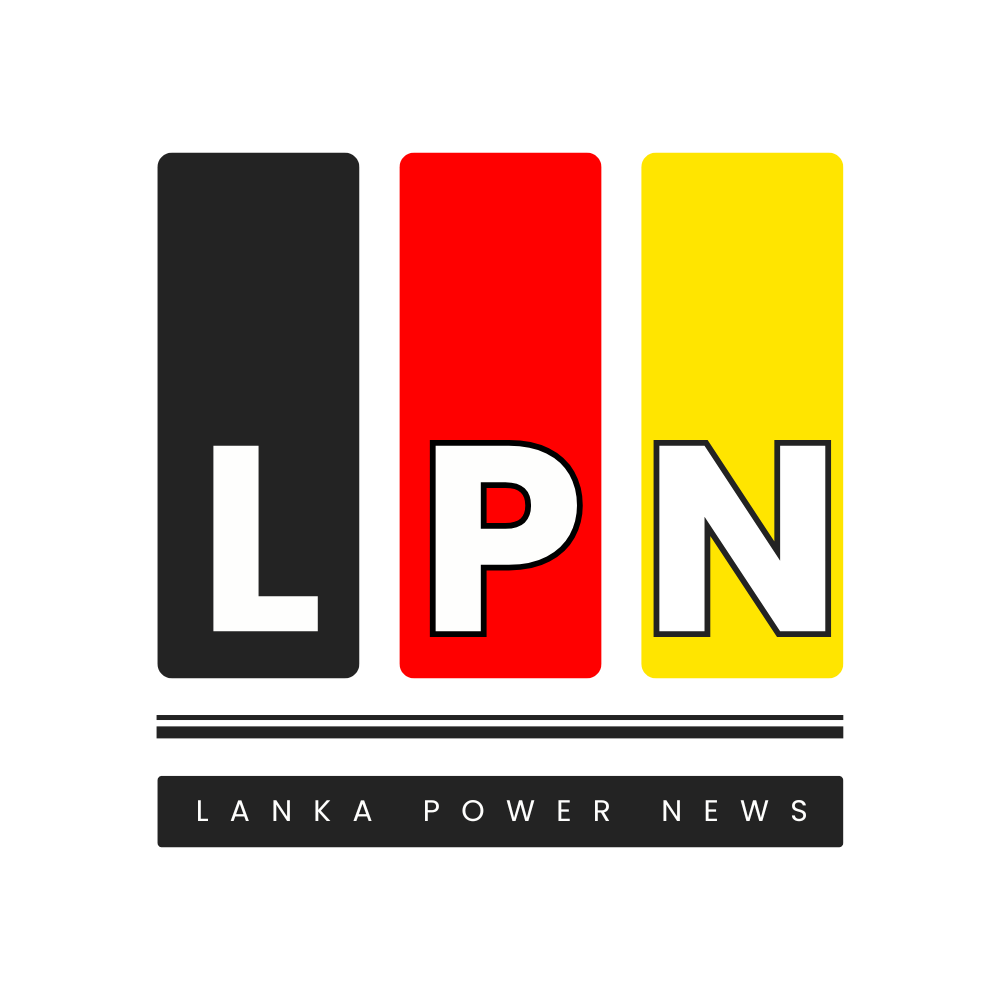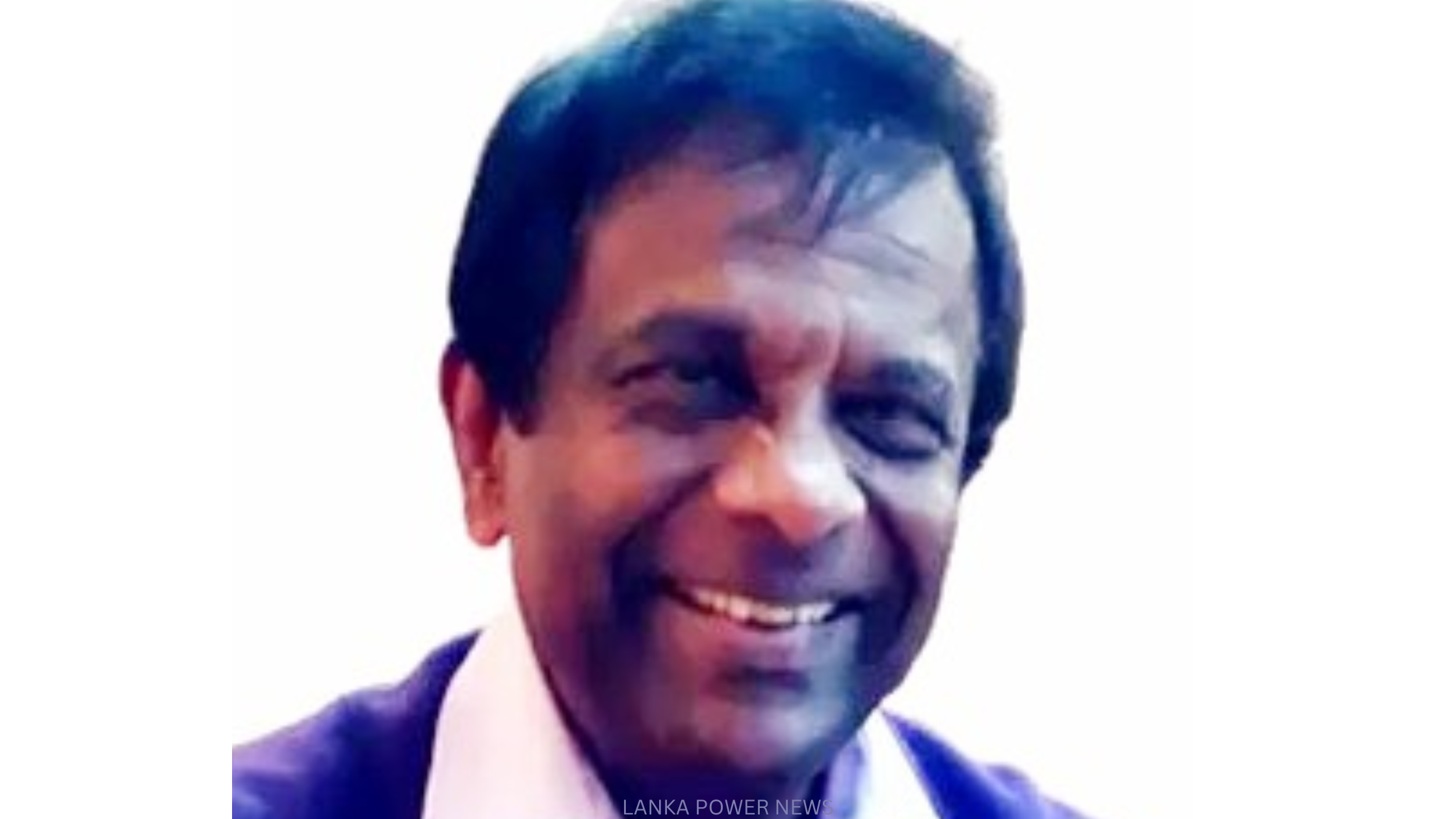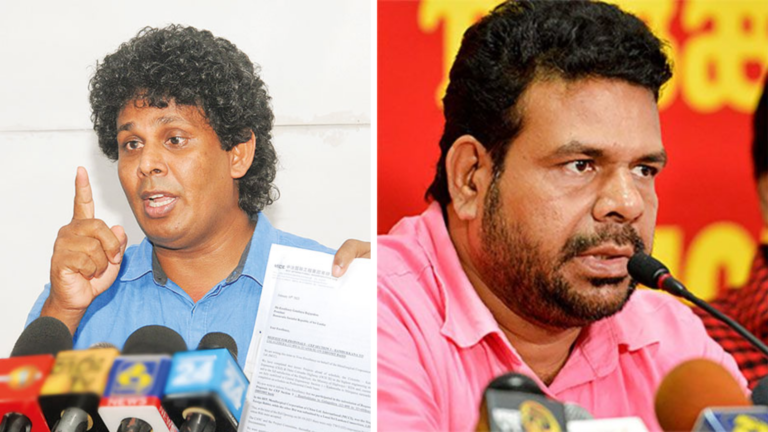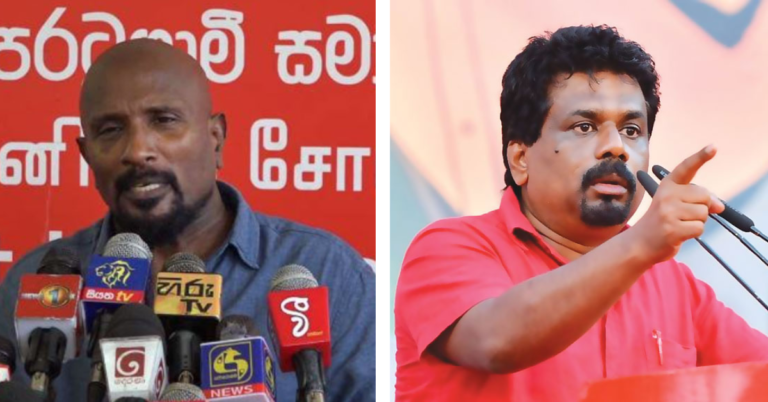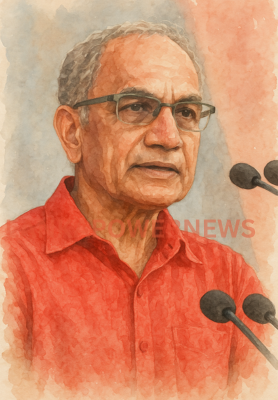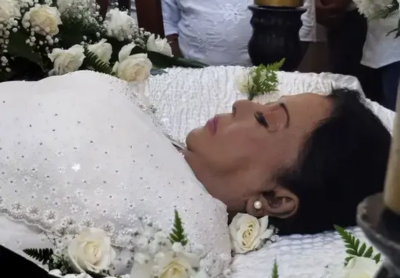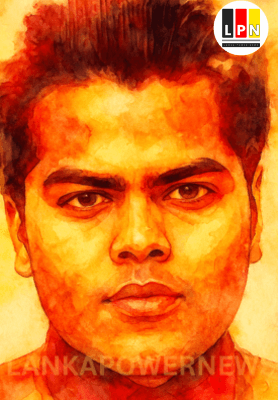77 Years After Independence..!
(Real Possibility of Ending Sri Lanka’s Bleak Future)
Lionel Bopage
Part one..

image source_https://www.mynewslanka.com/wp-content/uploads/2025/01/279.jpg
77 years after the British granted Sri Lanka its ‘independence’, there has been a major change in the country’s political landscape. The three corrupt, authoritarian, and incompetent families that ruled since 1948 that had lurched the country from one crisis to another, brutally repressed two insurrections and presided over a thirty-year long civil war and periodic economic crises have been sidelined. The National People’s Power (NPP) coalition, with the People’s Liberation Front (PLF – the JVP) at its center, has been elected to power with comrade Anura Kumara Dissanayake as the country’s President. The coalition has 159 seats of the 225 member Parliament. The vote percentage for the NPP jumped from three percent in 2019 to almost 62 percent in 2024.

image source_https://sinhala.lankanewsweb.net/wp-content/uploads/2022/04/protest-gallface-1.jpg
These results directly reflect the aspirations of ‘ARAGALAYA’ campaign and the massive island wide awakening that accompanied it. The election result has engendered extraordinarily high expectations among the population. A majority of those who voted may have short-term expectations of addressing their day-to-day urgent issues such as cost of living, employment, healthcare, education, housing etc. On the other hand, the solutions to address these short-term issues should not jeopardize the long-term solutions that are needed for addressing the chronic socio-economic and political issues that have given rise to those short-term expectations.
Despite Mr. Ranil Wickramasinghe and his Rajapaksa cohorts repressing the Aragalaya movement through state violence by utilizing the armed forces and paramilitaries, ultimately, he failed and failed abysmally. Despite the successful election of a NPP President and a Parliament, one cannot rule out the old political guard from resorting to underhanded and violent measures to win back their power.
About two thirds of the elected are new to the parliament and many of the elected members of the NPP appear to have mobilised around it after the last Presidential elections, particularly after the 2022 ‘Aragalaya’ island wide protest movement. Most of the old guard of ruling elites that had enough courage to contest the elections were voted out. The number of women MPs have increased from 13 to 22, a modest increase in representation of women compared with 52 percent majority they represent in terms of the population. In a still male-dominant Parliament, most of the new women MPs are from the NPP. Of the six NPP MPs the Malaiyaha community has elected three are women. Prima facie this appears a huge achievement in parliamentary representation. The NPP also won five of the twelve seats in the North, which appear to symbolise the Tamil people’s desire to build a more inclusive Lanka.
This electoral landslide is a clear mandate by the electorate for major change. However, the constitution of the members appear to be a mixed bag, comprising professionals in multiple spheres such as business, academic and legal combined with some political cadre of the JVP including trade unionists, public servants and self-employed. This mixed bag also has its own political spectrum within a centre-left social-democratic political agenda. The new government is also subject to multifarious allegations raised both by the political right and the political left.
What can be delivered
The NPP government has the mammoth task of reconciling a fragmented country and its people in all the spheres one could think of. Given the scope and complexity of the issues the NPP government is confronted with, it comes as no surprise, the political hesistancy the NPP is currently displaying in addressing some of the dominant issues head on.
In its electoral campaign, the NPP continued and still opposes the demand for a federalist structure. Nevertheless, the NPP has pledged to enact a new constitution that will devolve administrative and political functions, which appears to be a positive step forward. However, the above proposition lacks clarity regarding the scope of transfer of powers to the periphery. This is more complicated by the fact that some of their leaders appear to assume that there are no problems affecting the Tamil people other than the general problems that all Sri Lankans suffer from.
The NPP government continues to oppose any international investigation of crimes against humanity, such as the mass killing of civilians and enforced disappearances during and after the war. This opposition can be understood by the fact that the JVP supported the state’s military campaign against the Tamil militancy to the hilt. Furthermore, like what happened in Indonesia and Chile, the NPP government appears to rely on former military personnel which may also be a contributing factor to this mentality. The government is silent on the bloated military budget consuming seven percent of the national budget. However, the military can be seen to be increasingly employed in certain spheres that the government seeks urgent improvements and interventions, which could be a positive move.
One also could not expect immediate radical changes due to the national security mentality that has been ingrained during the three decades of war and the period afterwards. They also do not appear to grasp the reality that economic development alone will not address the national issues that have affected the Tamil community since Sri Lanka’s independence in 1948. The solution they offer is limited to ending discrimination and granting equality to the Lankan non-majoritarian communities.
On the one hand, we have the globally historical and extremely significant experiences to gain from. For example, the violence and repression by the Russian, Chinese, Vietnamese, Cuban and Venezuelan regimes. They came to power through revolutionary means and their aspirations were to implement a progressive agenda. We also have the examples of many a progressive government that were democratically elected by people but were mostly unsuccessful in implementing their progressive political agendas. This lack of success was mainly due to the nefarious and deadly actions of outside forces such as the United States and their willing “native enablers” like Pinochet in Chile, Mobutu in the Congo and Suharto, in our neighbourhood, in Indonesia. The progressive leaders and the supporters were extra judicially butchered, and their countries were opened to the vultures of international financial community. All this happened during my lifetime.

Chilean socialist leader, Salvador Allende.
image source_https://assets.roar.media/assets/N1NslMTIstF5kBgZ_Cover-Image.jpg?w=1200
For example, in Chile the people were fed up with the greed and the incompetency of the political elite who had ruled the country. As a result, the people elected a government with a progressive social democratic agenda. The agenda was to reform health care and education to make it more inclusive and the nationalization of certain key sectors of the economy. This directly went against the vested economic interests of the transnationals from the United States. A campaign of unrest was undertaken with American financial and the CIA underhand involvement. The government was overthrown, the military took power and proceed to make those who opposed the military junta disappear in their thousands. In the process it followed the dictates of the international financial community to the detriment of the country and its inhabitants.
4 February 2025
(To be continued)
